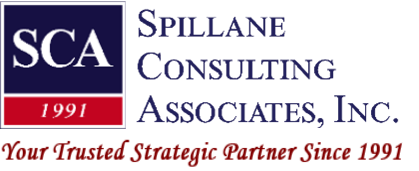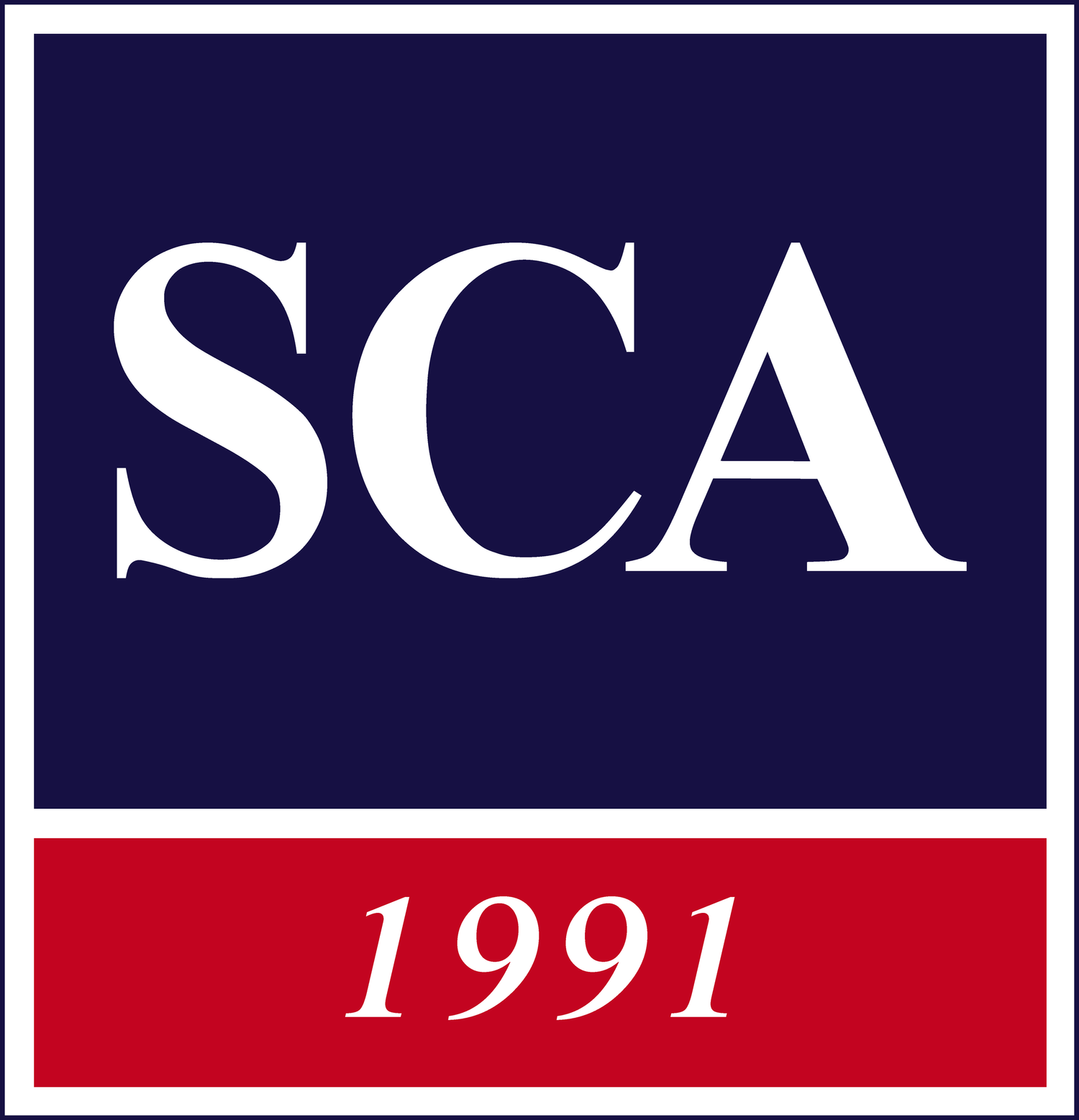Applying Internal Controls to Fair Lending
Mortgage Industry Insight: One of the great things about SCA is the range of issues we get to see, and the wealth of knowledge we get to tap into while working with dozens of clients on a monthly basis. Today, we'll share some information about Fair Lending.
By Gregg Oberg:
As a follow up to last week’s blog post, today I will further discuss how Fair Lending principles can be utilized to enhance compliance objectives. I have included a recap of last week’s post; some basic information about internal controls frameworks and applying them to fair lending.
Internal Controls Framework
While literally no compliance regime stipulates an Internal Controls framework that must be used; I apply COSO because of the agnostic nature of its design. Without making this post about COSO; the basic components of Internal Controls are outlined below:
Control Environment - A Set of Standards, Processes, and Structures Designed to Set the “Tone at the Top” in Accord with Management’s Stated Objectives
Risk Assessment - A Dynamic and Iterative Process of Assessing, Ranking, and Addressing Risks to the Organization’s Objectives
Control Activities - Actions Taken to Mitigate Risks Identified to Organizational Objectives
Information & Communication - Ongoing Process of Collecting and Analyzing Information (External or Internal) and Communicating Relevant Advice to Stakeholders
Monitoring Activities - Real Time and/or Periodic Efforts to Test Program Effectiveness.
These five broad, interrelated components make up the framework for an effective compliance program, reasonably designed to prevent and detect activities counterproductive to the objectives of management. Relevant objectives may be operational, reporting, or compliance focused.
Applying Internal Controls to Fair Lending
As I mentioned, the Internal Controls components are highly interrelated. The Tone (#1) sets the Risk Tolerance (applicable to #2). Risk Assessment (#2) and Control Activities (#3) are quite clearly interrelated; and Information & Communication (#4) and Monitoring Activities (#5) are particularly connected in the Fair Lending context where data is such a strong driver of enforcement activities.
There’s a “Right Way” and a “Wrong Way” to Think About Fair Lending
I think all to often the topic of Fair Lending is approached from a mechanical mindset—starting with a description of the “Prohibited Bases” upon which lenders cannot condition credit decisions. This involves an assessment of the Equal Opportunity Credit Act (ECOA/Reg. B) and Fair Housing Act’s statutory language and implementing regs.
The result is a set of rules-based policies designed to ensure that employees don’t impermissibly discriminate against borrowers—either intentionally or innocently.
But I think this severely misses the point. Implicit in the statement of “we don’t discriminate on the basis of XYZ” is the fact that “we might be discrimination on other bases.” I’m sure that very few institutions overtly discriminate, and It’s entirely possible that the majority of Fair Lending issues arise from innocent conduct. Even if we accept that proposition; we still need to be doing our part to ensure fair treatment. It’s not always obvious, and you need to be sensitive to disparate impacts.
If I can reinforce one point, it’s consistency. Rather than get caught up in the technicalities of the rule, focus on the business. It’s not just the denials that get you in trouble; it’s more often the discouragement or “failure to help enough.” Rather than thinking of Fair Lending as an exercise in policing discrimination, think of it as a requirement to originate loans within a consistent process.
Spillane Consulting Associates has served the residential mortgage lending business since 1991. We have specialized in mortgage banking consulting services and provided quality control reviews, risk management and process consulting and employee training to credit unions, community banks and non-depository institutions. We are a thought leader on the strategic growth of residential mortgage lending. You can learn more by visiting our website, or scheduling a meeting with me or one of my colleagues.
SCA Compliance Hotline: Need a question answered quick?
Email: Compliance-Question@scapartnering.com
Call: (781) 356-2772
Thanks so much for reading our weekly newsletters. We're not always going to be perfect, but because we always do our best and try not to overpromise, we hope that we're always going to be trustworthy. Your calls and e-mails are very helpful - please keep contributing.
**These are our opinions. We're not authorized, or willing, to express those of others.**

